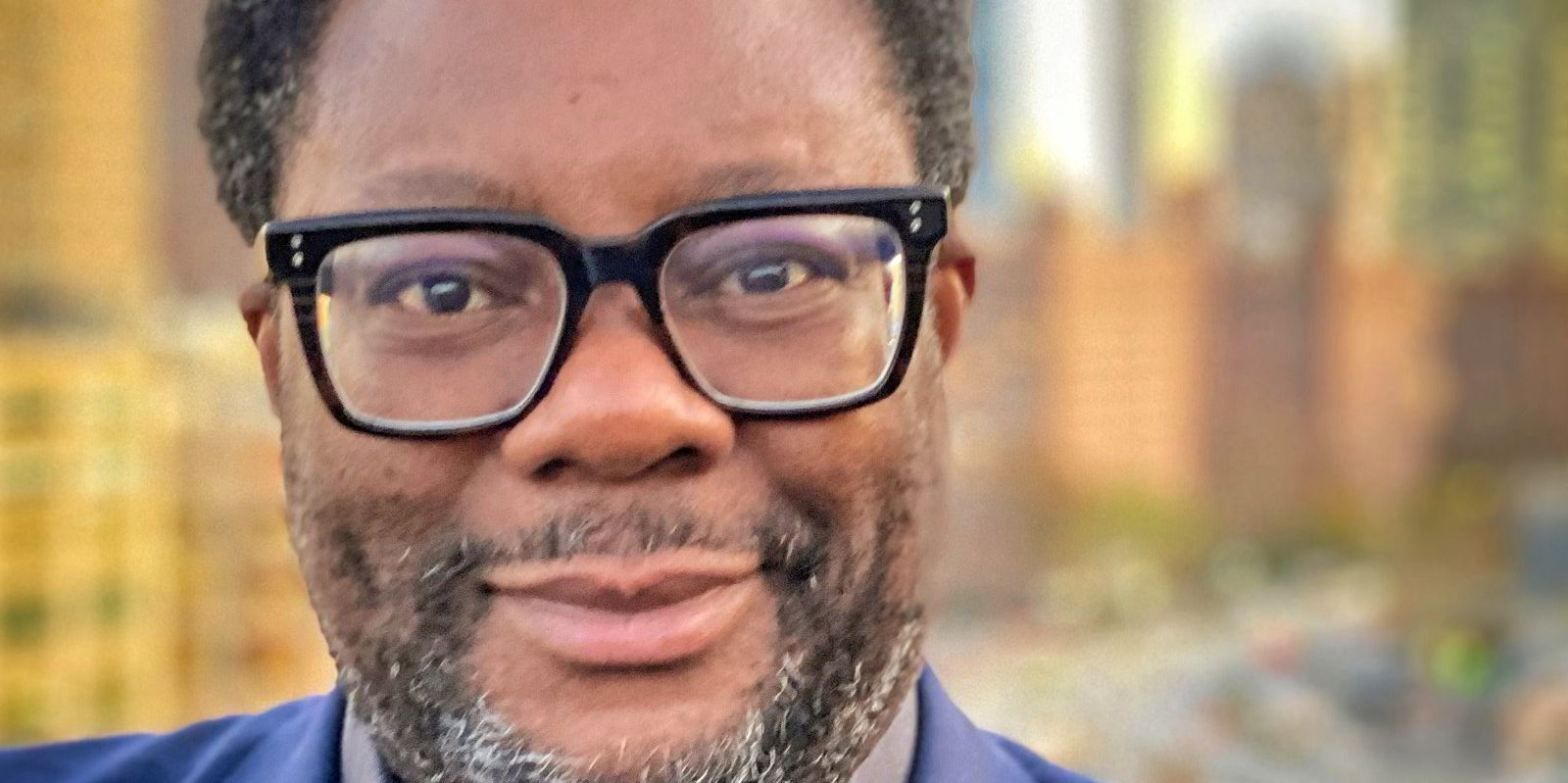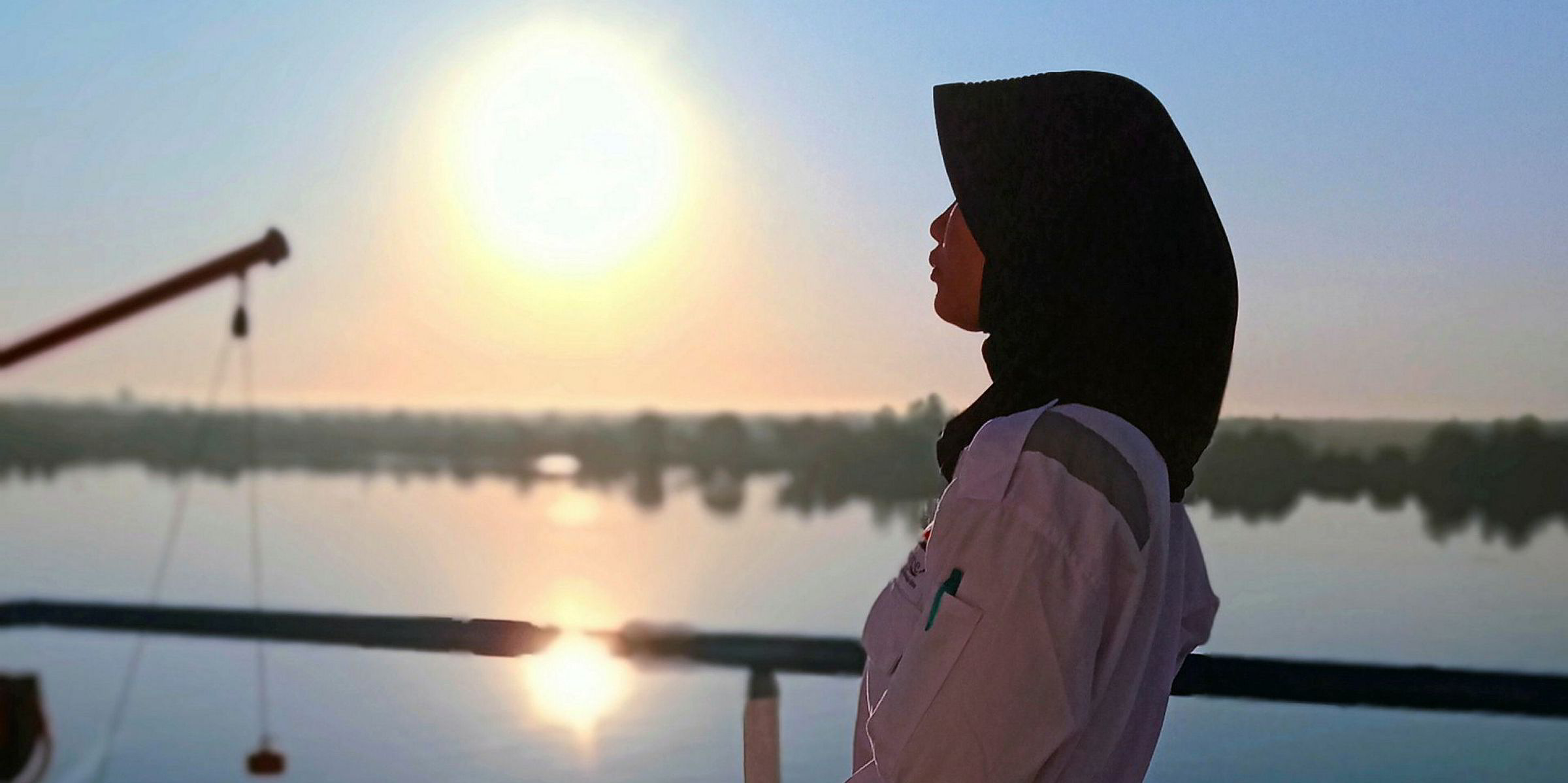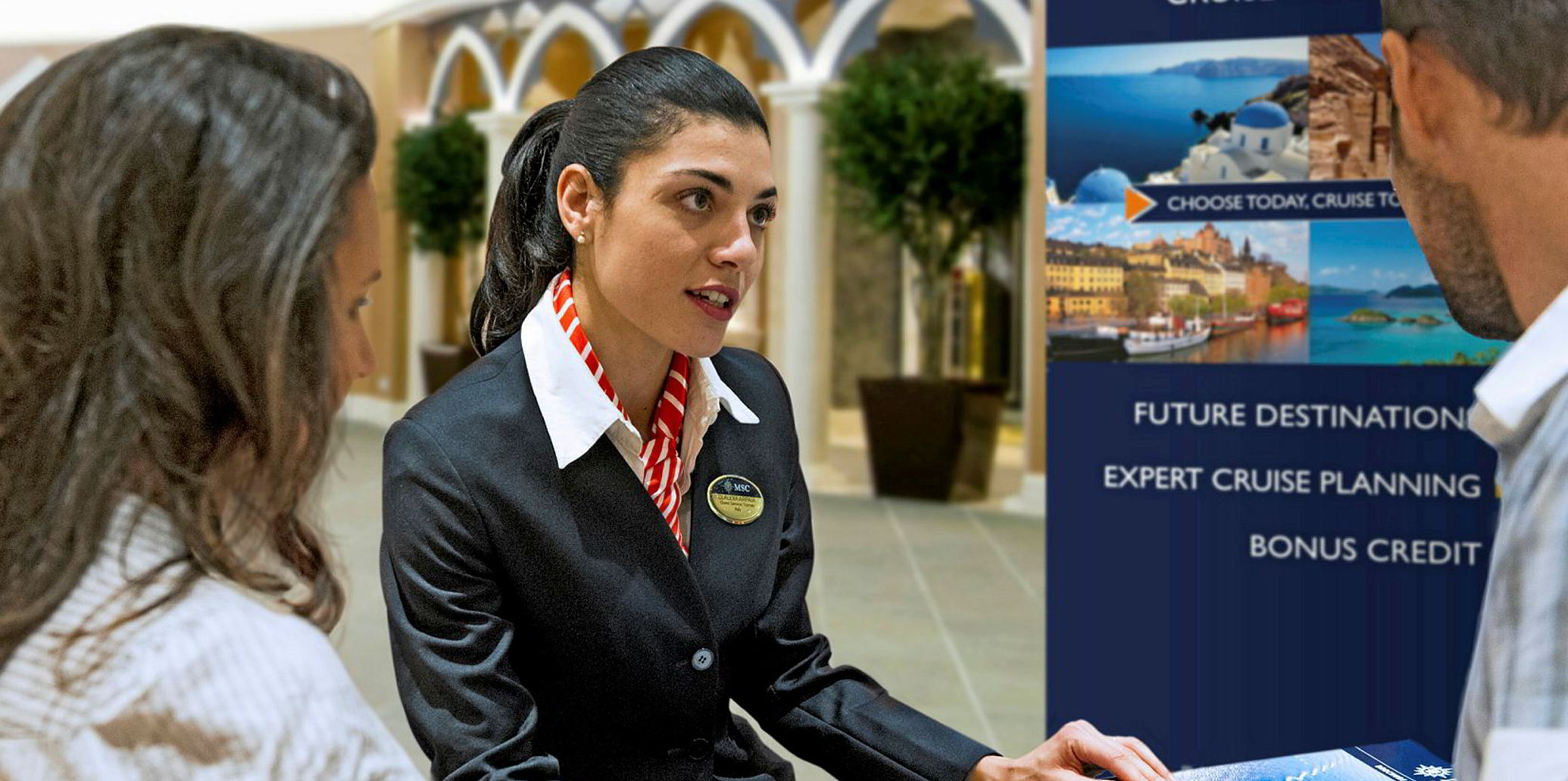Blue-water shipping needs to step up its recruitment efforts if it wants to have a more diverse workforce, particularly in leadership roles, maritime lawyers said.
The International Chamber of Shipping (ICS) said the centuries-old industry has as many as 30 nationalities on one-third of its ships.
But Kunbi Sowunmi, a senior claims advisor and lawyer with Gard North America, said far too few black people and other minorities work as managers and officers.
"Companies need to look for colour because if you don't look for colour, you miss opportunities ... to enhance your organisation by bringing in a different perspective to make the workplace more multifaceted and to make the workplace more dynamic," said Sowunmi, a black man who grew up in Nigeria.
"Are you simply looking within your network or are you casting a wider net?"
Meanwhile, International Chamber of Shipping data shows only 7.5% of the maritime sector's 1.67m employees are women.
Sowunmi was one of four maritime lawyers speaking in an online racial diversity and inclusivity roundtable held by the Admiralty and Maritime Law Committee of the American Bar Association's Tort Trial and Insurance Practice Section (ABA TIPS).
The talk was moderated by Chris Nolan, a partner with Holland & Knight's New York office and former committee chairman.
"We are not conveying the impact transportation, infrastructure and logistics work has on everyday lives, such that it inspires a new generation to swell our ranks with interest," he told TradeWinds.
Mentors needed
The lack of "black and brown voices" in maritime courtrooms and wheelhouses, as ABA TIPS puts it, mainly rises from insufficient mentorship in an industry that often keeps to its own ranks, said David McNeal, owner of McNeal Law Group and ABA TIPS vice-chairman.
"There are people who grew up in certain environments who are not exposed to other things less than other people," said McNeal, a black man living in Houston.

"If you have individuals at that company at that level you are trying to get to but they don't want to mentor you, they don't want to help you advance, you start to feel like ... this is what you got."
He said he often worked as one of very few black officers on the bridges of different types of vessels before going into maritime law.
"Many people who looked like myself were unlicensed — oilers or deckhands — not most of them were in the wheelhouse," he said.
Michael Razeeq, legal counsel for Shell's information technology and digitalisation divisions, said the cruise sector outshines the rest of the maritime industry on diversity hiring.
"The cruise lines have that accountability to their investors whereas some smaller, family-owned or privately held companies may not have those same drivers," he said.
New York-listed Carnival Corp — the world's largest cruiseship owner — is led by chief executive Arnold Donald, a black man who grew up in New Orleans.
General counsel Arnoldo Perez is a Cuban immigrant, while one-third of the company's nine brands have women at the helm. At the same time, Royal Caribbean Group's Celebrity Cruises has Lisa Lutoff-Perlo as its chief executive.
"Cruise lines have been purposeful about it."






